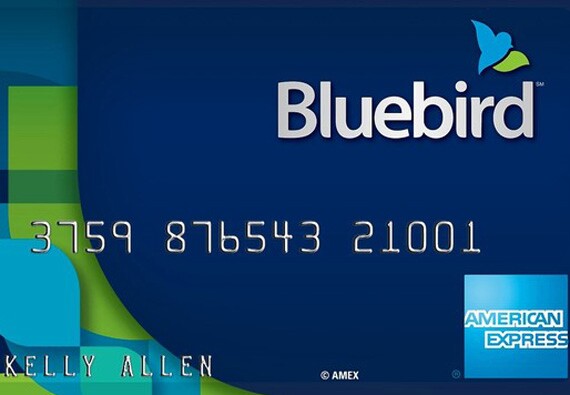

10. Multifamily Bubble on the Horizon?

9. The Plot Thickens in the Bizarre Bitcoin Blackmail Caper

8. Big Banks Lack Convincing Business Model

7. Jamie Dimon Will Have His Comeuppance in 2012

6. Why Do Prepaid Debit Cards Have Such a Bad Rap?

5. Lightning Fast, Dirt Cheap: Bitcoin Shows What Banking Could Be

4. It's Time to Rethink Large Branch Networks

3. A Toxic Culture Can be Hazardous to Your Bank's Balance Sheet

2. Amex's Bluebird Is a No-Fee Checking Account, Not a 'Prepaid Card'






